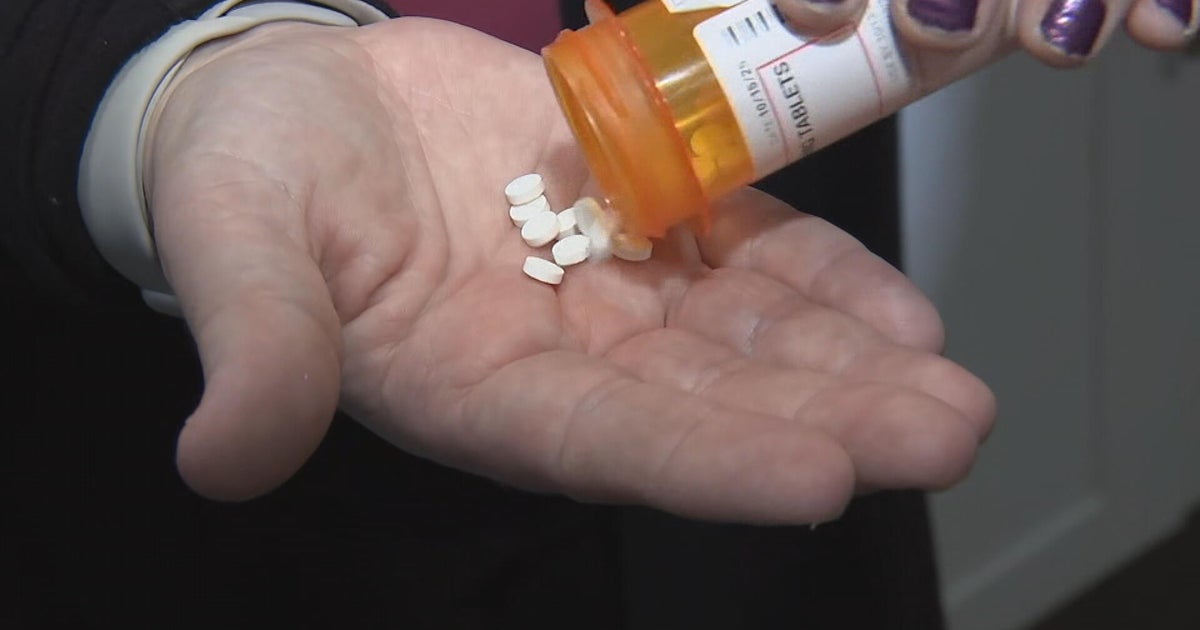The Trump administration says there’s an “exciting treatment” for autism in the prescription form of vitamin B. Many doctors are skeptical, but the Food and Drug Administration is moving forward to approve this drug to treat autism.
The medication is currently approved for patients on chemotherapy, but doctors can prescribe it for autism in what’s known as off-label usage.
Six-year-old Sean Williams from Turnersville, New Jersey, has autism, is nonverbal and has trouble interacting. But his parents say he’s better since he started taking leucovorin.
“It’s actually helped him communicate a little bit. He makes eye contact now. He will wave high,” his mother, Kathy Williams, said.
Leucovorin is an inexpensive generic drug made from the vitamin folic acid and currently prescribed to ease side effects from chemotherapy.
Since being touted by the Trump administration as an effective treatment for autism, interest has skyrocketed.
Williams says her son takes four tablets in the evening and the morning, and that she’s relieved to have found something that’s working.
“I think it’s awesome,” she said.
In some kids, folic acid, essential for brain development, can’t get into the brain. Leucovorin bypasses that blockage.
A 2024 study published in the European Journal of Pediatrics showed the drug improved some symptoms in children who have cerebral folate deficiency, though not all people with autism have that deficiency. According to Children’s Hospital of Philadelphia, more research is needed.
“We’re seeing at least 50% of our patients have marked improvement in communication,” said Dr. David Danish, the president of Philadelphia Integrative Psychiatry.
Danish says they’ve been bombarded with requests for leucovorin prescriptions.
“It’s very well studied has a great safety profile,” Danish said.
But doctors and medical associations say there isn’t enough research on leucovorin to know its efficacy for treating children with autism.
The American Academy of Pediatrics says there’s “limited evidence” for its safety and effectiveness and does not recommend routine use in children.
“There’s no real downside and the upside is profound in ways that nothing else can do so For me ethically, it’s a no-brainer,” Danish said.
The Williams family says the medication has been life-changing.
“It’s amazing to see the little changes and like the little changes aren’t that big to everyone else, but they’re huge to us,” Kathy Williams said.
Kathy Williams says she heard her son say mom for the first time recently — she credits the medication.
More from CBS News
